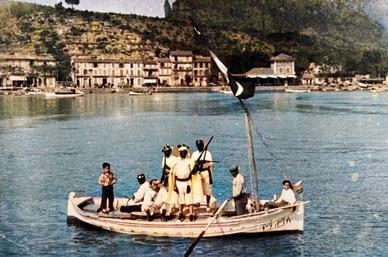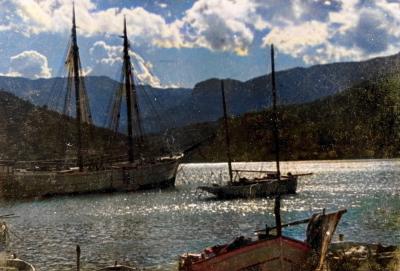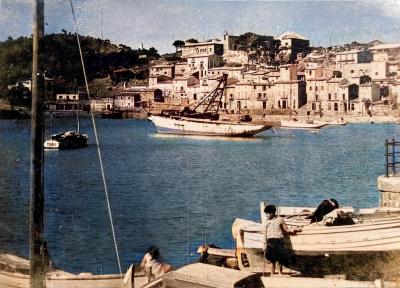How have traditional water management techniques influenced modern sustainable farming practices in Mallorca?
Similar Topics
traditional water management
sustainable farming mallorca
mediterranean irrigation
water conservation techniques
terrace farming benefits
drip irrigation adaptation
drought-resistant crops
rainwater harvesting systems
Traditional water management techniques in Mallorca have significantly shaped modern sustainable farming practices on the island, reflecting a deep respect for the island’s natural environment and limited water resources. For centuries, Mallorcan farmers developed clever irrigation systems to cope with the Mediterranean climate's dry summers and irregular rainfall. They constructed intricate networks of canals, terraces, and stone reservoirs to capture, store, and distribute rainwater efficiently across their fields. These methods prioritized the conservation of water and aimed to maximize its use in a landscape where it was always a precious commodity.
These age-old approaches inspired contemporary sustainable agriculture by emphasizing efficient water use, soil preservation, and crop diversity. The terraces built on the island's hilly terrain not only prevent soil erosion but also help retain moisture, promoting healthier plant growth with less irrigation. Modern farmers continue to use similar principles by employing drip irrigation and rainwater harvesting systems that are direct descendants of traditional techniques. Moreover, the knowledge of selecting drought-resistant crops and rotating them according to seasonal water availability stems from local practices honed over generations.
As Mallorca has faced increasing tourism-driven demand for water, these traditional systems have demonstrated their value in balancing agricultural productivity with environmental sustainability. Today, many local farmers and sustainability advocates work to revive and adapt these historical water management methods, integrating them with new technologies to ensure a resilient agricultural sector. This blend of old and new contributes to preserving Mallorca’s rich cultural heritage while supporting the island’s commitment to ecological stewardship and long-term food security.
These age-old approaches inspired contemporary sustainable agriculture by emphasizing efficient water use, soil preservation, and crop diversity. The terraces built on the island's hilly terrain not only prevent soil erosion but also help retain moisture, promoting healthier plant growth with less irrigation. Modern farmers continue to use similar principles by employing drip irrigation and rainwater harvesting systems that are direct descendants of traditional techniques. Moreover, the knowledge of selecting drought-resistant crops and rotating them according to seasonal water availability stems from local practices honed over generations.
As Mallorca has faced increasing tourism-driven demand for water, these traditional systems have demonstrated their value in balancing agricultural productivity with environmental sustainability. Today, many local farmers and sustainability advocates work to revive and adapt these historical water management methods, integrating them with new technologies to ensure a resilient agricultural sector. This blend of old and new contributes to preserving Mallorca’s rich cultural heritage while supporting the island’s commitment to ecological stewardship and long-term food security.
🧩 Related Questions
Related Question
What ecological benefits do plane trees provide to the local wildlife in Mallorca?
Related Question
In what ways do the amenities available at calas differ from those at Mallorca’s major tourist beaches?
Related Question
In what ways do Mallorca’s churches contribute to the island’s cultural identity beyond religious services?



